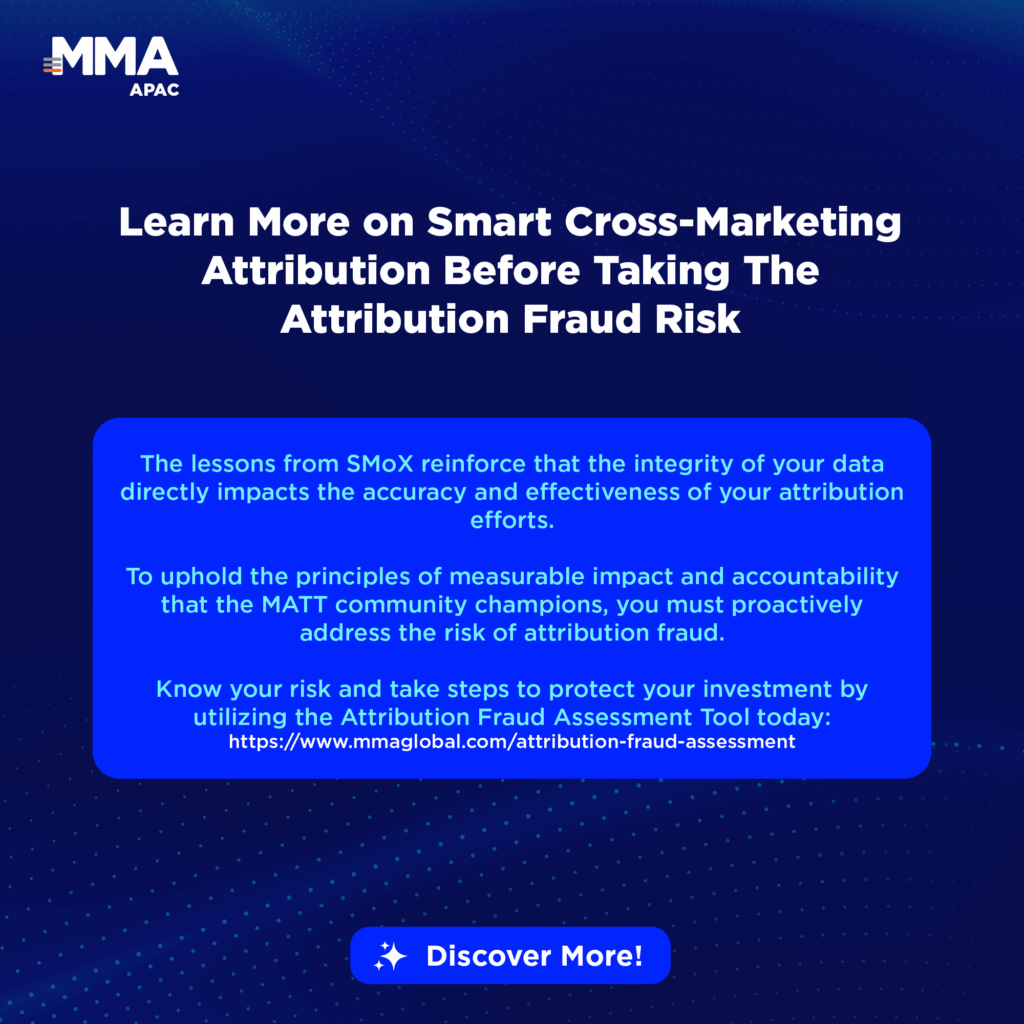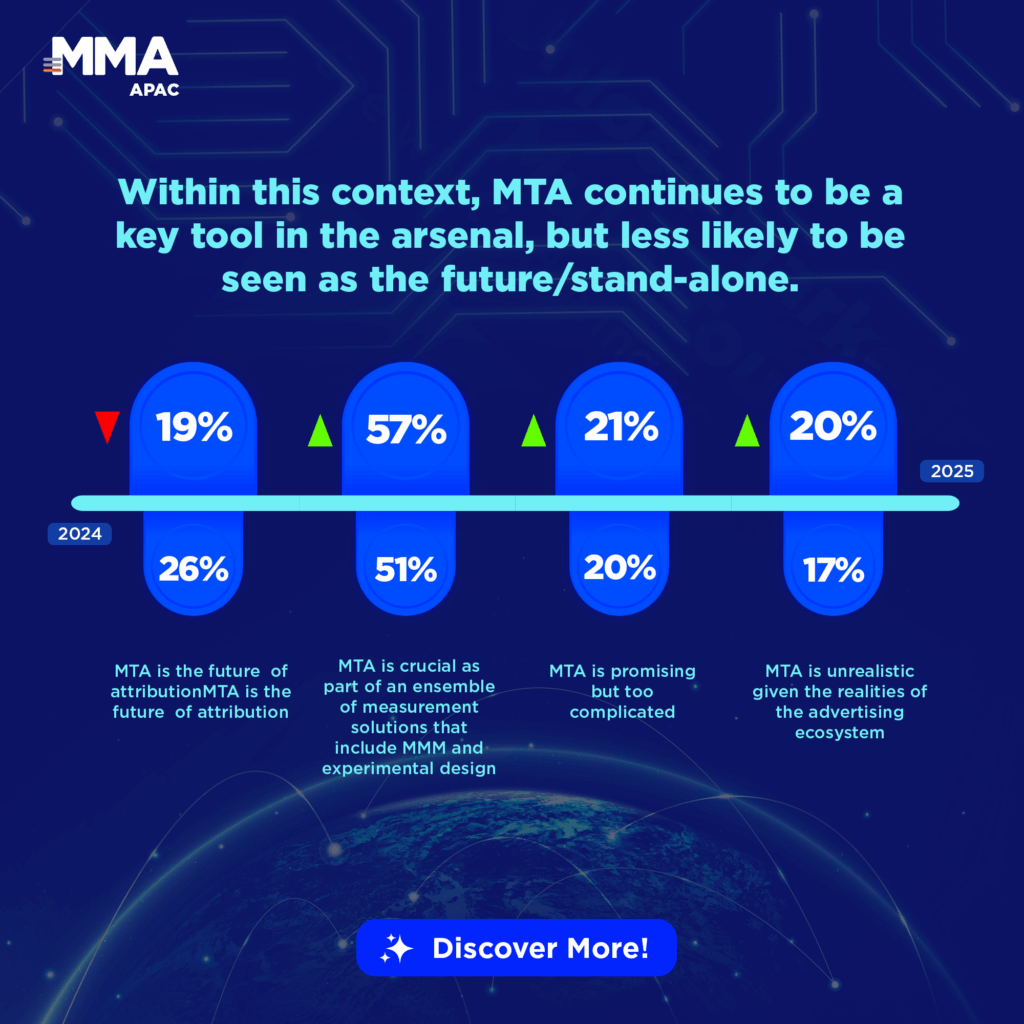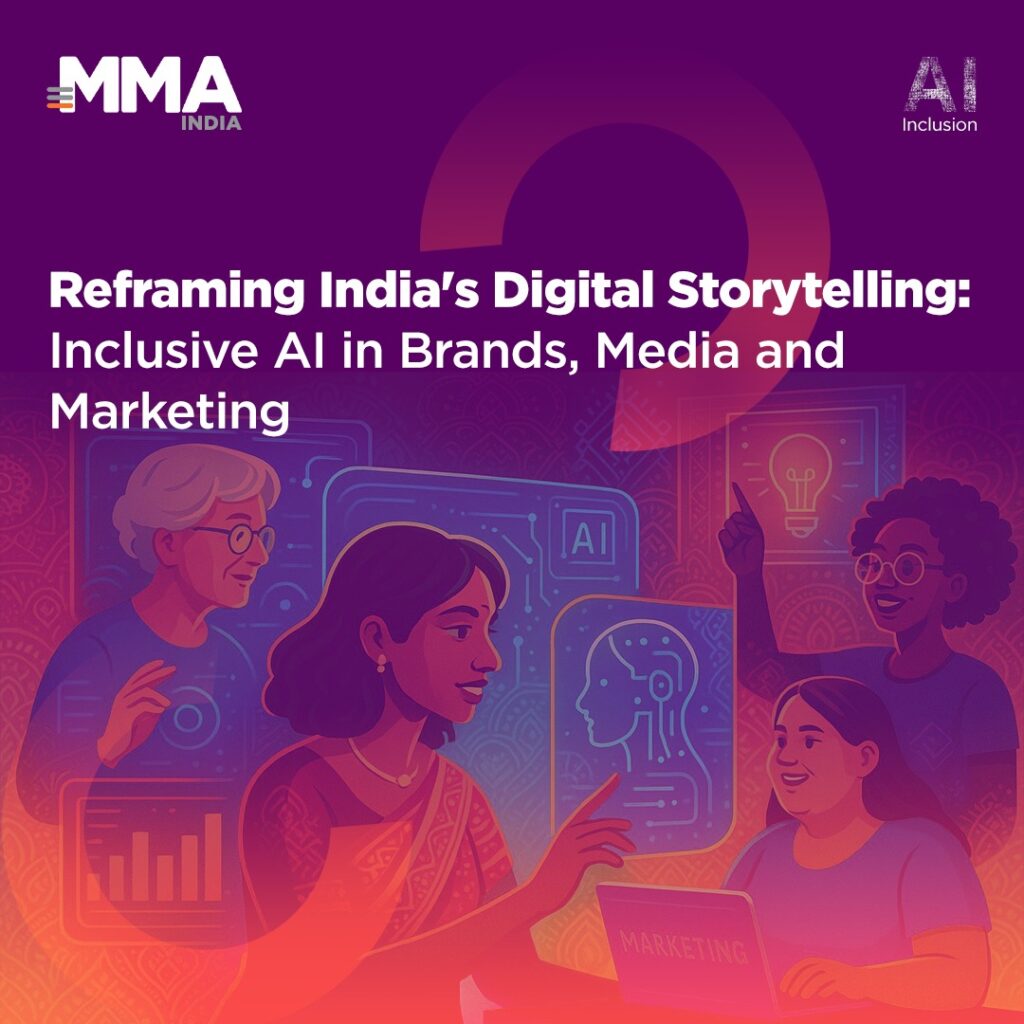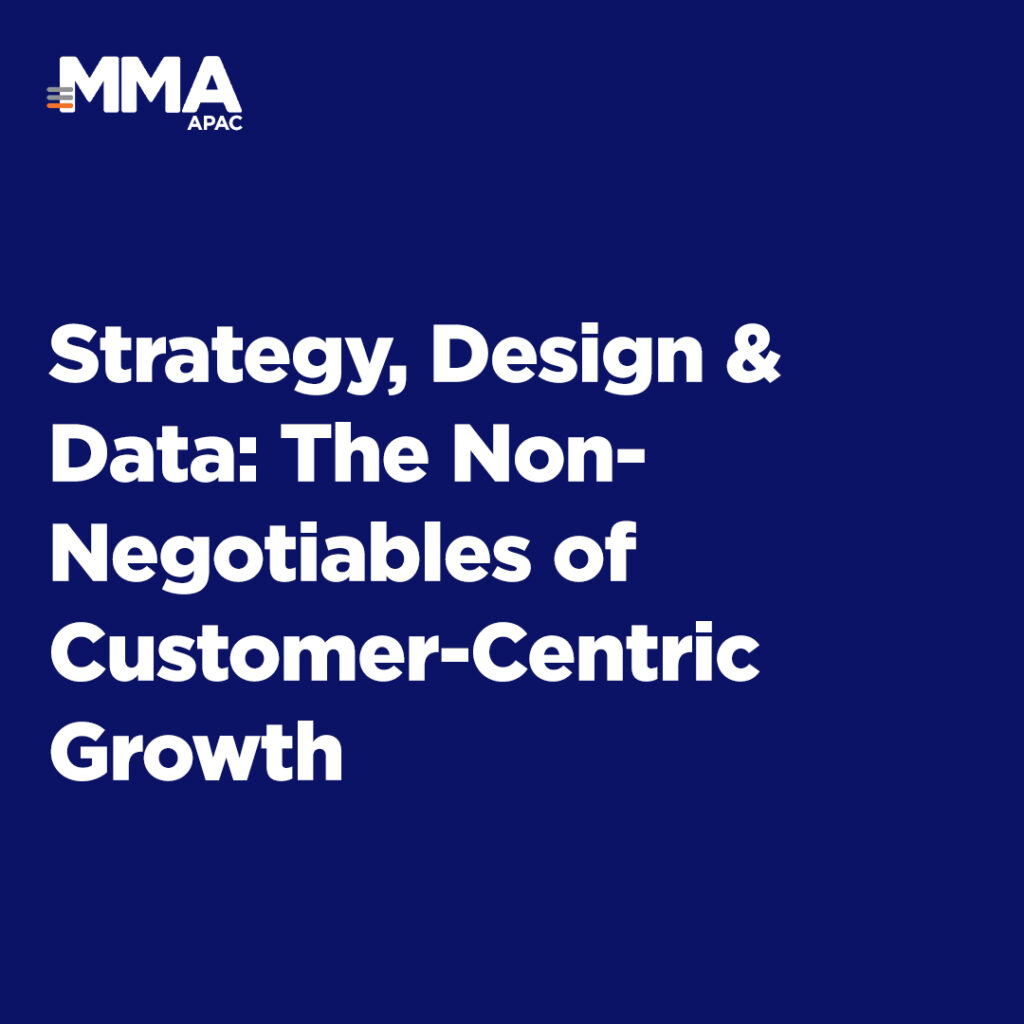
In the last 15 years, there have been numerous developments and innovations related to marketing technology. The trend has been instrumental in influencing the way we understand user behavior and maximize the business impacts from these user-related trends. Firstly, user/customer/citizen analysis is the key foundational building block as a starting point. In 2008, the author actively observed, analyzed and recommended insights based on user sales, procurement and purchase data. In the next 4-6 years, there has been numerous exciting progress related to a data warehouse, cloud platform, customer data platform, automated analytics dashboard, customer segmentation model, API management platform, and customer/citizen 360 platform. Between 2015 and 2020, regulatory and privacy-related requirements have become more prominent and demanding, especially in the South East Asia region. All these dynamic changes have paved the way for 3 key “evolutions” of marketing technologies that will be explained in the next section.
Key Highlights
This section will cover reflection and highlights related to three (3) key aspects: marketing analytics, cloud related solutions, and artificial intelligence. From the author’s perspective, these three aspects are the natural progress (“evolution”) of most data/digital companies in South-East Asia. The reflection in this section can be useful for data & digital consultancies in general, and also any organization(s) who are willing to implement more aggressive digital initiatives in the next few years.
(I) Marketing Analytics. For many years, there has been a “classic debate” about the key owner of customer data: is it CIO, CDO or CMO? As always, like the “typical consultant” answer, it depends. Since 2008, the author has experienced this “tension” and complexity. Who should own, manage, analyze and deliver the full benefit of user/customer data? Ultimately, it depends on the organization context, structure, competency of the team, and key products/services.
Almost every marketing team needs to perform “basic data analysis” to understand the pattern and performance of their day-to-day activities (campaign execution, actual return of advertisement, budget utilization). In more mature & data-savvy marketing teams, they even build their own database/warehouse/lake and perform more complex analyses (even develop several prediction models) related to users or customers. As a data consultancy company, from ilmuOne Data’s perspective, organizations and marketing teams have made various contributions and services to fully utilize user/customer data. ilmuOne Data services cover diverse areas such as growth hacking, attribution models, customer data platforms, O2O solutions, keyword prediction, sentiment analysis, A/B testing, and more.
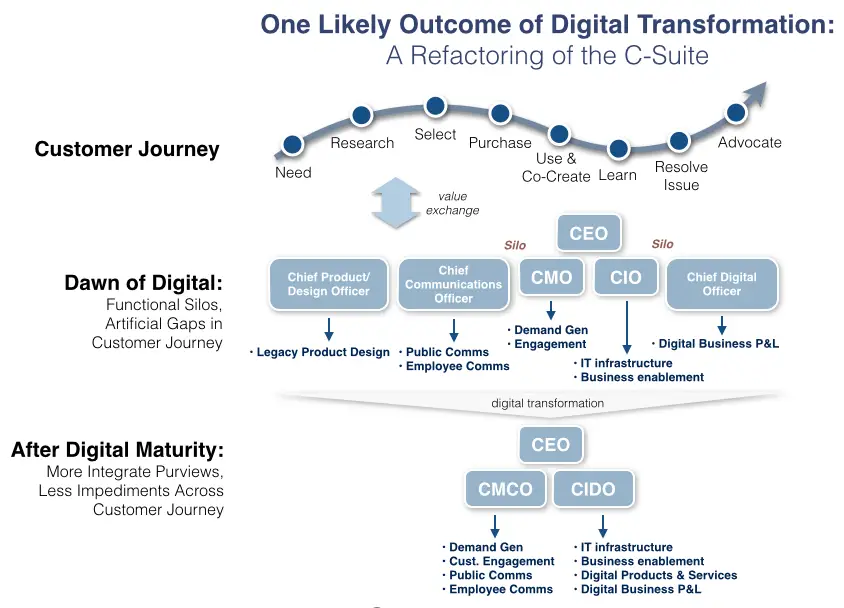
(II) Cloud Solutions. Depending on the business and organization context, the marketing team may integrate with a more diverse technology stack, drive more anticipatory efforts (e.g. prevent customer churn, enable dynamic pricing, prepare regional expansion approach) and deal with more rigorous regulatory / privacy-related considerations. In this situation, it is very natural for the marketing team to leverage various cloud solutions. At least there are two key benefits of cloud solutions: (i) flexibility in increasing technology resources, e.g. computing power and storage capacity, and (ii) possibility of adopting or piloting the latest solutions/services (e.g. ML / AI-related services). Specific to regulatory requirements, most major cloud providers have built and operated data centres in various key countries & cities that are relevant for their customers. In the Asia region, marketing analytics teams have been adopting cloud-related solutions and reaping concrete benefits.
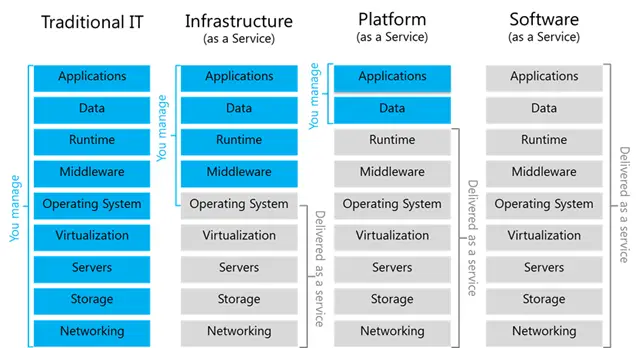
(III) Artificial Intelligence. As we should have noticed in 2024, AI is not something “far away” from our daily lives. Triggered by the availability of a Large Language Model (e.g. Chat GPT, Gemini), there is tremendous awareness and excitement about the development and implementation of AI. Specific to the marketing domain, the adoption of AI can be highly practical and impactful, such as for personalization, chatbot development, content/creative creation and predictive analytics. Major cloud providers also have enabled AI-related services that can be used directly by their users. As a reminder, AI “ups-and-downs” have repeatedly happened before since the 1980s. It is crucial to think beyond the “AI hype” and try to assess reasonably the specific potential AI solution, and prepare proper cost-benefit considerations for AI adoption.
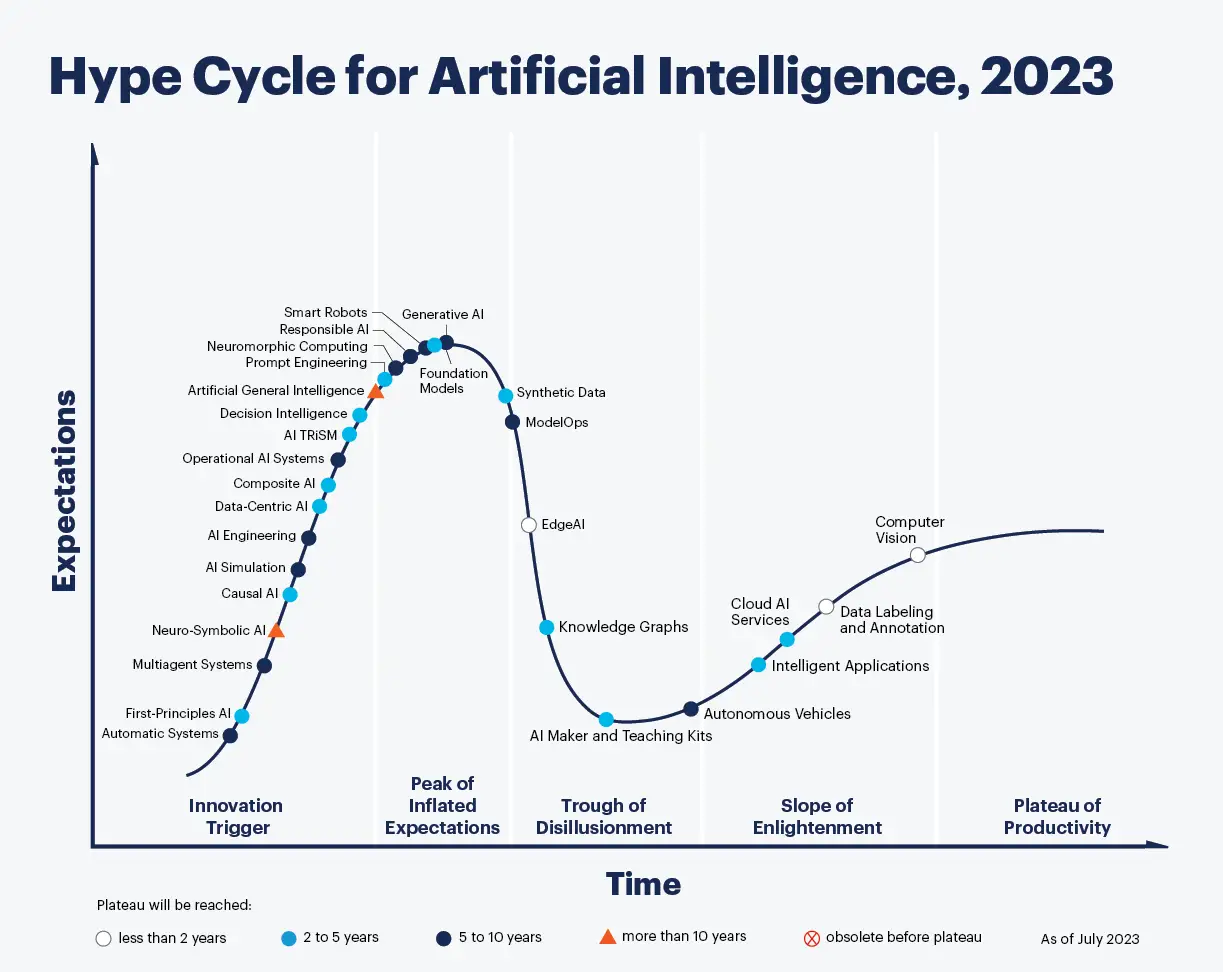
Future Outlook
As the Director at ilmuOne Data, the author wants to ensure that the organization will be future-proof and provide relevant services and solutions, at least in the next 3-5 years from now. From the AI-optimist perspective, in the future, AI will be as common and accessible as the internet, laptop, or mobile phone. In fact, even at the moment, various subsets of AI (e.g. machine learning, deep learning) have been widely implemented for various recommendation systems, search engines, video/image processing solutions, marketing creative recommendations, etc.
For ilmuOne Data, we started with Google Analytics as our core solution. After we understand various user patterns and behavior across devices and demography, it is very natural to expand our solution portfolio towards cloud-related solutions. It will highly complement our existing portfolio based on Google Analytics. Specific to AI, the author will be very mindful of the context in Indonesia and South-East Asia. ilmuOne Data must be practical and specific in adopting the relevant AI-related solutions (e.g. machine learning, deep learning, natural language processing, neural networks, etc) and ensure product/solution-market fit. There is highly diverse technology development/adoption across sectors/industries in Indonesia and South-East Asia. As a digital consultancy company, ilmuOne Data should be very targeted in our future development and approach. At the moment, ilmuOne Data has a strong client base (banking, e-commerce, FMCG, automotive, conglomerates). ilmuOne Data is highly optimistic that we can deliver the latest and relevant digital solutions (ideally powered by AI) and partake in the vibrant digital transformation & ecosystem in Indonesia and South-East Asia.
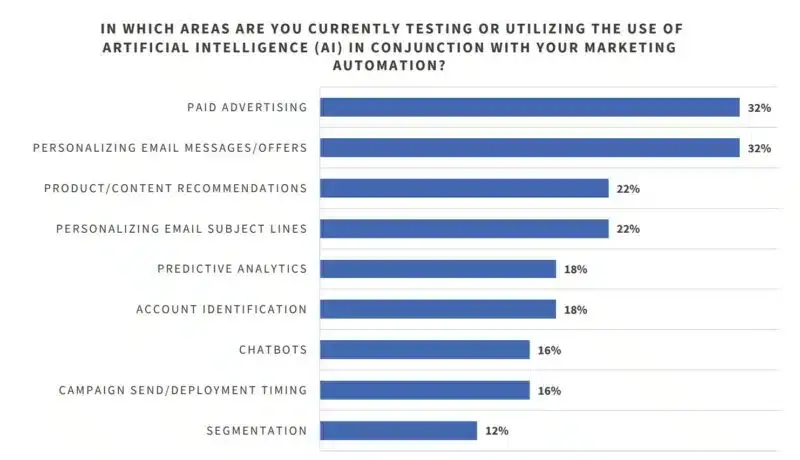
About the author
Juan Intan Kanggrawan, Director of Advisory Consulting, ilmuOne Data
The author has exposure in various technology leadership positions in Singapore data consultancy companies, South-East Asia Unicorn and public sector (provincial & national ministry technology unit, legislative digital team). With this diverse exposure, the author offers concrete perspective about the importance of customer/user understanding, at the same time the strict requirement of regulation and privacy-related considerations.
















